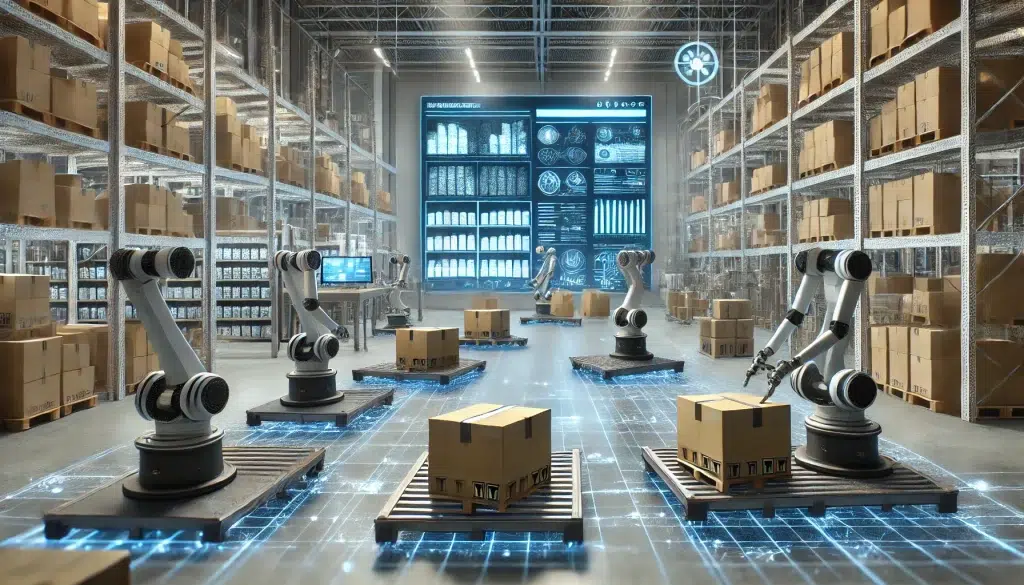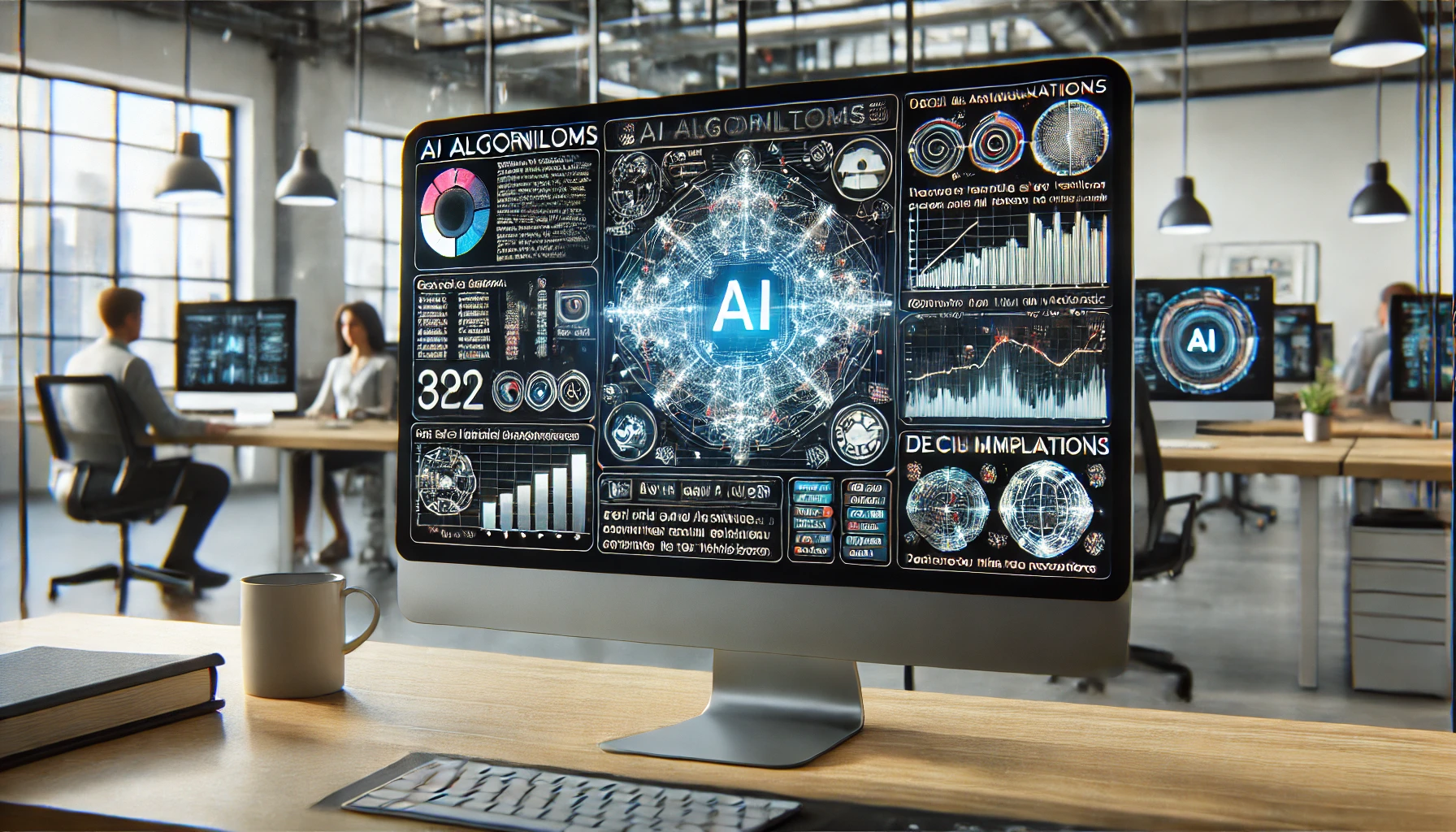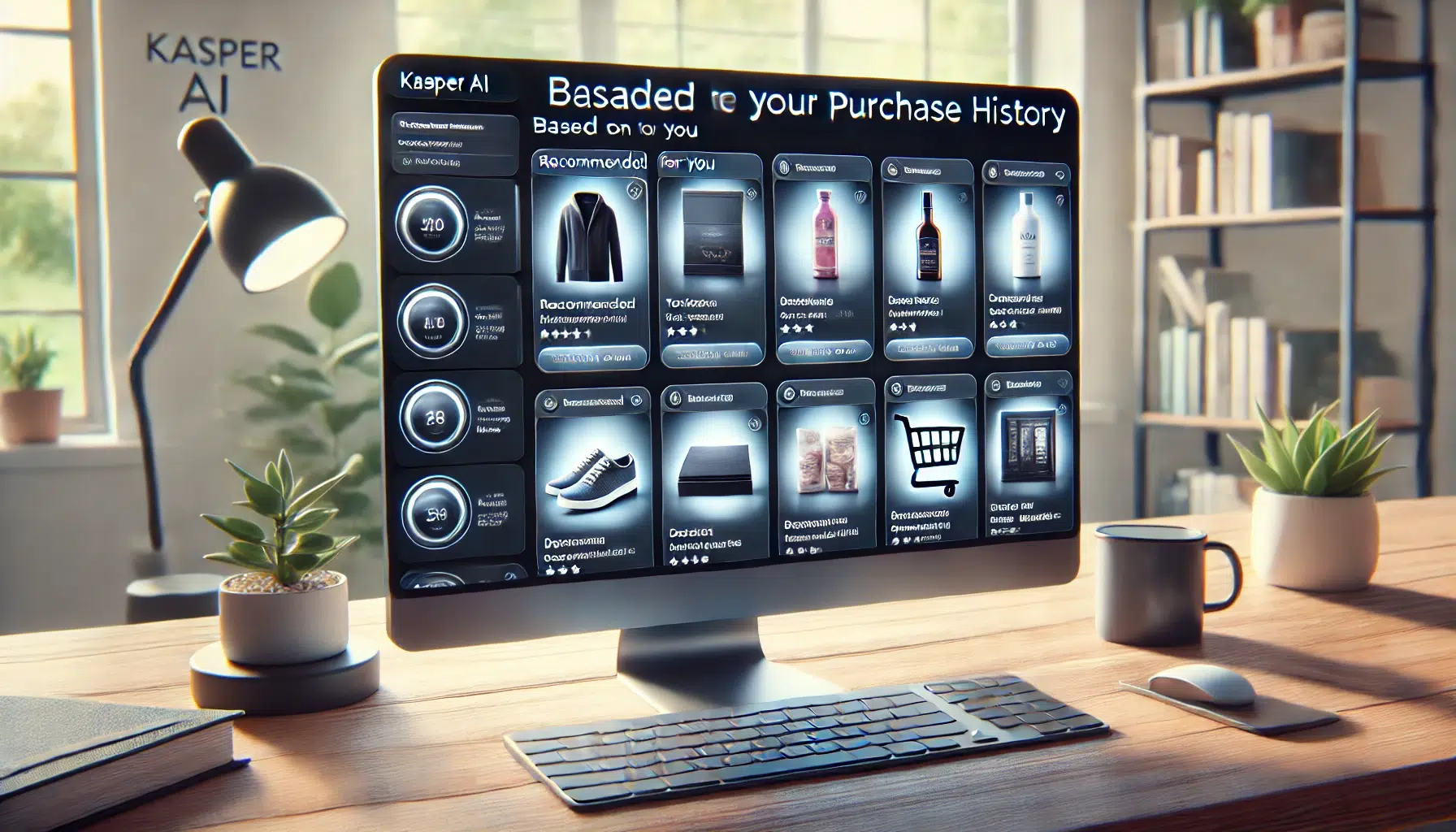E-commerce continues to evolve rapidly, and artificial intelligence (AI) is playing an increasingly significant role in this process. AI is already transforming traditional online retail models, opening up new opportunities for businesses and changing consumer habits. Hive Group, an innovative startup in the e-commerce space, is actively exploring the potential of AI and developing cutting-edge solutions to help retailers leverage this technology for success.
What is AI and How is it Applied in E-commerce?
Artificial Intelligence (AI) is a field of computer science that deals with creating systems capable of performing tasks that typically require human intelligence: speech recognition, decision-making, language translation, etc.
In e-commerce, AI is used to analyze vast amounts of data about customers, their preferences, purchase history, and behavior on the website. This allows for creating personalized product recommendations, optimizing marketing campaigns, improving customer service, and automating many routine tasks.
How AI is Changing E-commerce
AI is changing e-commerce in several key areas:
1. Personalization:
- Product recommendations: AI analyzes data about each user to suggest the most relevant products and services. This increases conversion rates and average order value, as customers are more likely to purchase items that match their interests and needs.
- Personalized emails: AI helps create personalized email campaigns that take into account purchase history, viewed products, and other customer data. This improves email open and click-through rates, as well as encourages repeat purchases.
- Dynamic pricing: AI analyzes data on demand, competition, and customer behavior to set optimal prices for products and services in real time. This allows companies to maximize profits and offer customers more favorable terms.
2. Search and Navigation:
- Visual search: AI enables users to search for products using images, which is especially convenient when searching for clothing, shoes, accessories, and other items where visuals play a crucial role.
- Voice search: AI recognizes voice queries and helps shoppers find products using voice commands. This simplifies the search process and makes it more convenient, especially on mobile devices.
- Improved navigation: AI analyzes user behavior on the website and optimizes navigation to make it more intuitive and user-friendly. This helps customers find the products they need faster and increases the time they spend on the site.
3. Customer Service:
- Chatbots: AI-powered chatbots can answer customer questions, help with product selection, order placement, and problem resolution 24/7. This reduces the workload on customer support staff, speeds up service, and improves customer satisfaction.
- Virtual assistants: AI-based virtual assistants can guide customers throughout the entire purchase process, offering recommendations, answering questions, and helping resolve any issues that arise.
4. Marketing and Advertising:
- Targeted advertising: AI analyzes user data to show them the most relevant ads on social networks, search engines, and other channels. This increases the effectiveness of advertising campaigns and reduces customer acquisition costs.
- Marketing automation: AI can automate content creation, email campaigns, social media management, and other marketing tasks, freeing up employees from routine work and allowing them to focus on more strategic tasks.
5. Logistics and Inventory Management:
- Delivery route optimization: AI helps optimize delivery routes, taking into account traffic jams, weather conditions, and other factors, which reduces time and costs for transporting goods.
- Demand forecasting: AI analyzes data on sales, seasonality, trends, and other factors to forecast product demand and optimize inventory management. This helps avoid product shortages or surpluses in the warehouse and reduces storage costs.
Hive Group and KasperAI: The Future of E-commerce
Hive Group, recognizing the importance of personalization in e-commerce, is actively developing an innovative AI-based solution – Kasper AI. This platform utilizes advanced machine learning algorithms to analyze big data about customers, their preferences, and behavior on the website. Currently, a demo version of Kasper AI is available, demonstrating the potential of this technology in personalizing shopping experiences and improving customer satisfaction.
Conclusion
Artificial intelligence is already playing a crucial role in e-commerce, and its impact will only grow in the future. Companies that actively implement AI gain a significant competitive advantage by improving the customer experience, increasing business efficiency, and boosting profits. Hive Group, through the development of Kasper AI, strives to be at the forefront of this technological revolution, shaping the future of e-commerce.








